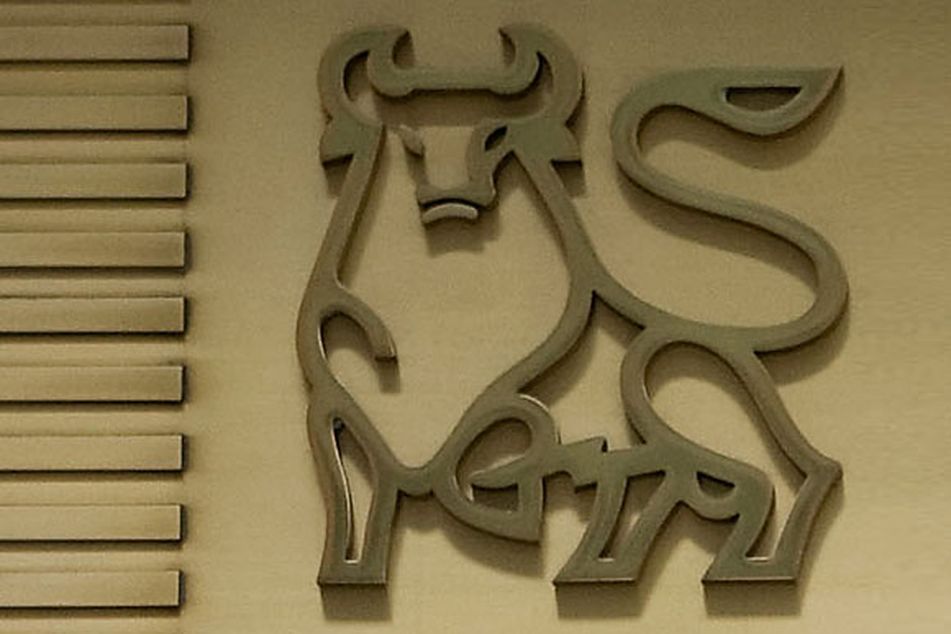Merrill, Morgan Stanley push advisers for growth

The grids stay the same. But the new compensation packages at Merrill Lynch and Morgan Stanley reward reps for bringing in new business and selling priority products.
With the competition for financial advisers as fierce as ever, archrivals Morgan Stanley and Bank of America Merrill Lynch have left the compensation formulas for their advisers largely unchanged for next year, although both are angling to squeeze more growth out of their giant brokerage forces.
Unlike wirehouse securities traders and investment bankers, whose compensation is still down significantly after the financial crisis, advisers’ pay has rebounded as securities markets and client portfolios recovered over the past several years.
Neither Morgan nor Merrill changed the basic cash grid that largely determines payouts for advisers, but both tweaked incentives to push advisers to bring in assets that produce higher and more dependable revenue.
Bank of America, for example, removed the cap on bonuses that Merrill Lynch advisers can earn for bringing in assets. They currently receive a bonus of 5 basis points on the first
$10 million in new assets, and another 10 basis points for assets of between $10 million and $50 million. Next year, they can earn another 3 basis points on any new assets over $50 million.
The catch is that the money at all bonus levels must be invested in “strategic” assets that provide recurring fees and revenue. Unless advisers can steer their clients to those fee-producing assets, they actually might get smaller bonuses this year, regardless of how much new business they bring in.
“Strategic” assets include banking and lending products such as deposits and mortgages, and fee-based products such as mutual funds, alternative investments and trust offerings, as well as annuitized products such as insurance, said Bank of America spokeswoman Susan McCabe. If the new money goes into one-time transactional investments such as stocks and bonds, advisers won’t receive bonuses for it.
Merrill Lynch advisers have complained about the pressure to cross-sell more banking products since Bank of America acquired the brokerage in 2009. One Merrill adviser, who asked to remain anonymous, isn’t happy with the latest inducements to do so.
“I’ve referred a lot of clients for mortgage loans, but I don’t agree with activity goals,” the adviser said. “The bank needs to make offerings so compelling that clients knock on my door asking about them.”
Merrill also made changes to its Client Transition Program for advisers nearing retirement in hopes of keeping more of advisers’ clients and assets with the company. The firm increased the four-year payout to advisers over 55 who keep their clients with Merrill from an average of 70% to 80% of trailing-12-month production to 100% to 160%. The increased payout is intended to reduce the number of older advisers who leave the firm either to sell their practice or otherwise monetize their book of business.
Morgan Stanley also upped the ante on growth for its nearly 17,000 financial advisers for next year. No changes were made to the basic cash grid, but revenue bonus awards were cut by 2 percentage points, in part to pay for a new growth award program that puts a premium on drumming up new business.
“We want people to stay with the firm, but we also want them committed to growing,” a Morgan Stanley official said.
The deferred revenue bonuses will now range from 0.5% to 4.5% on revenue ranging from $750,000 to $5 million or more. The bottom 60% of Morgan Stanley advisers in terms of revenue growth will see their bonuses fall.
“It remains one of the richest deferred-comp plans on the Street,” according to the official.
The growth awards will help some advisers make up for the smaller revenue bonuses. Advisers who increase net new assets and are among the top 40% of similarly experienced advisers in terms of revenue growth can earn an additional 2% to 5% of their grid revenue. They also can receive between 5 and 20 basis points on net new assets brought to the firm (maximum payment of $157,500), 35 to 50 basis points on growth in client loan balances (maximum $127,500), a 25% kicker in allowances for business development expenses, and $2,000 awards for their associates.
“Resting on your revenue won’t be enough this year for Morgan Stanley advisers,” said Alois Pirker, senior analyst with Aite Group LLC. “They’ll have to show growth to get what they got last year.”
Morgan Stanley also implemented a program for advisers to purchase company stock at a discount. Advisers with more than $400,000 in revenue can invest the lesser of 25% of their pretax earnings or $150,000 in company stock. They’ll receive 20 bonus shares for every 100 purchased. Chairman Club advisers — the top-producers — can invest up to $250,000 and receive 25% more bonus shares. The basic shares will vest immediately and be distributed on April, 15, 2016. The bonus shares will vest and be distributed on that date.
“Both legacy firms [Morgan Stanley and Smith Barney] had programs like this, and the advisers wanted it brought back,” the Morgan Stanley official said.
Learn more about reprints and licensing for this article.



